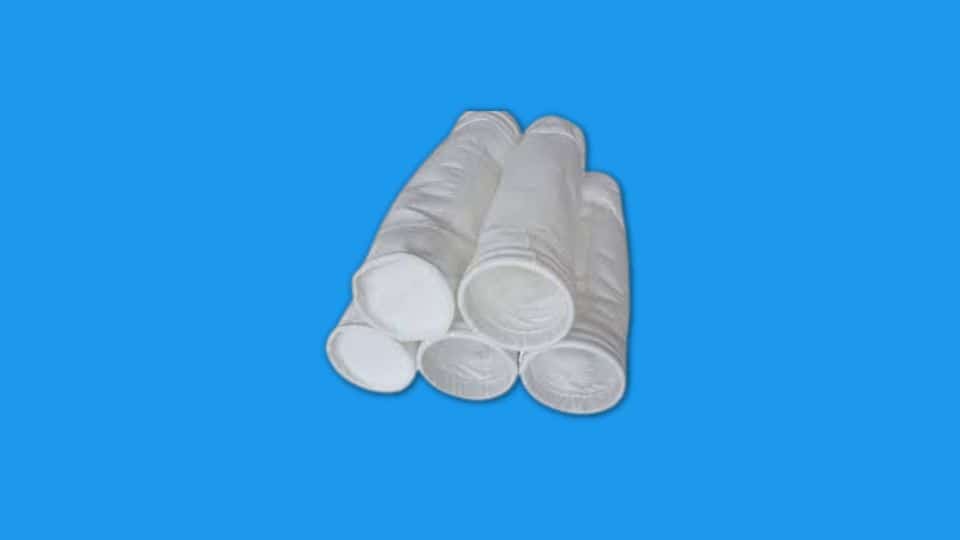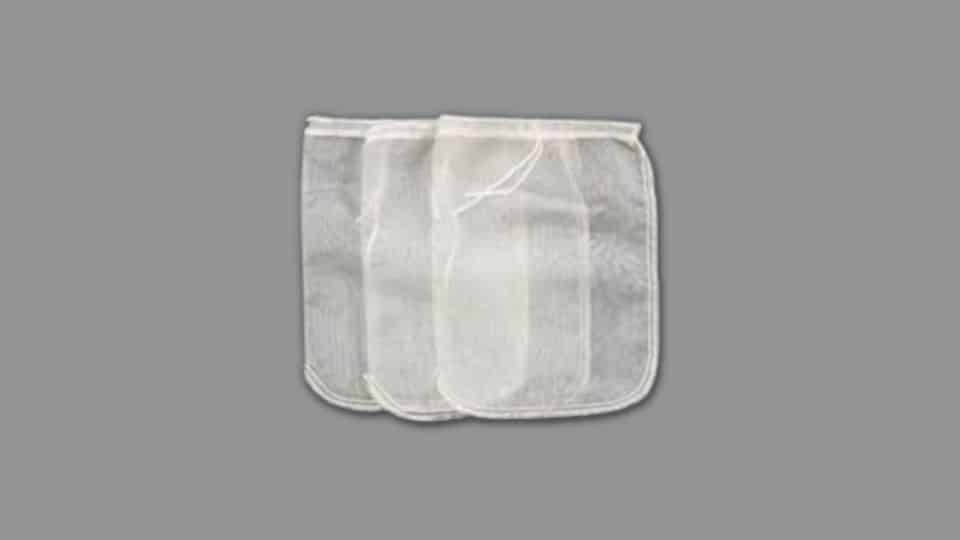- Our Fabrics are used to remove the residues from any liquids.
- To protect the machinery system and tools from the waste particles.
- To reduce the maintenance cost and enhance the life of any industrial equipment.
- To improve the efficiency of industrial operations and deliver quality substances.
- Available Fabric Widths – 42”, 48” & 84” - Standard.
- Available Fabric Length – 30 mtr. - Standard.
- Available in 20,30,40 and 60 Mesh.
- Colours – White.
- Weight – 100 gms to 150 gms per mtr.
- Filtration is an essential process in many industries like food & beverages, dairy, oil, water purification, chemical, pharma, mining, etc.
- Our filter meshes are used to filter out the chemicals from the industrial components after washing with the chemical.
- Our meshes are widely used in the industry of thermoplating.
- It is also used as Air filters.


Industrial filter fabric is used in a wide range of applications to separate solids from liquids or gas. It is commonly employed in industries such as manufacturing, pharmaceuticals, food and beverage processing, wastewater treatment, and many others. The fabric's porous structure allows fluids to pass through while trapping particles, contaminants, or impurities, resulting in cleaner and purer liquids or gas.
There are several types of industrial filter fabrics available at Priyafil, each designed to meet specific filtration requirements. Each material has different properties such as chemical resistance, temperature tolerance, and particle retention capacity, making them suitable for various industrial processes.
Choosing the right industrial filter fabric involves considering factors such as the nature of the fluid or gas being filtered, the desired level of filtration efficiency, operating conditions (temperature, pressure, pH), and the specific contaminants or particles that need to be removed. It is advisable to consult with a filtration expert or supplier who can recommend the most appropriate fabric based on your specific requirements.
The replacement frequency of industrial filter fabric depends on various factors, including the filtration system's design, the type and amount of contaminants being filtered, and the operating conditions. Regular monitoring of pressure differentials, flow rates, and the fabric's condition can help determine when it needs replacement. Typically, filter fabric should be replaced when it becomes clogged, torn, or reaches its maximum recommended service life.
The cleaning and maintenance of industrial filter fabric vary depending on the type and specific application. Some fabrics can be cleaned by backwashing, rinsing, or using compressed air to remove accumulated particles. In some cases, chemical cleaning or specialized cleaning techniques may be required. Regular inspection and maintenance, including checking for tears or damage, are crucial to ensure optimal filtration performance and extend the fabric's lifespan.
